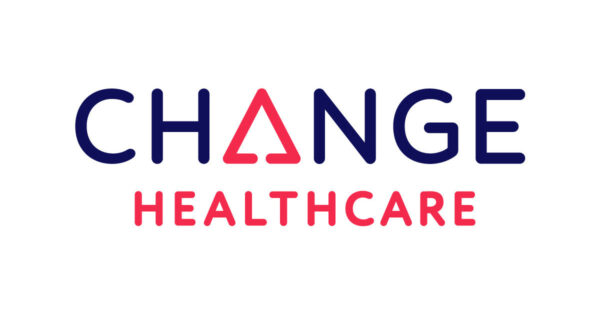Tennessee is brimming with more young businesses than ever before recorded.
Nearly 20,000 new companies and corporations flooded the state from January to March, a new data analysis revealed.
The influx isn’t just because so many people were waiting for the end of pandemic business restrictions to launch a new project, state economic leaders say.
“It’s the most initial filings, or the most new firms, in the history of Tennessee so it really is a stunning number,” Boyd Center for Business and Economic Research Director Bill Fox said. “Unemployment insurance and other federal aid may have allowed workers to be more entrepreneurial.”
Business analysts recorded a 55% jump over the first quarter of 2020, with the fastest growth in the state’s smallest counties, according to the University of Tennessee’s Quarterly Business and Economic Indicators Q1 2021 report.
The trend is a boon to depleted state and local tax income, which jumped 91% year-over-year in April.
Many newcomers are small businesses and online startups taking advantage of the rise in digital dependency during the COVID-19 pandemic.
“It’s in part a move toward a more gig-entrepreneurial economy,” Fox said. “I believe most of them are relatively small. We hope that many of them will be successful and continue to grow.”
The changing economy also means that it’s critical for workers to add new skillsets as technology rapidly replaces people in many industries.
State leaders are increasing grants, loans and counseling to students seeking advanced education, certificates and licenses.
‘It’s my chance’
Federal aid kept consumer spending higher than expected through the pandemic.
Expanded unemployment insurance and other federal stimulus payments also provided enough of a breather for some to switch career paths and take risks.
“I suspect there were some people who had an itch to scratch wanting to start their own businesses,” Secretary of State Tre Hargett said. “Once the pandemic hit, because of the enhanced unemployment benefits, they decided: ‘It’s my chance to make something happen.'”
But Gov. Bill Lee decided the beefed-up benefits had become a drag on the economy when businesses posted more than 250,000 unfilled openings in April. He withdrew the state from the federal program starting July 3.
There remain 90,000 fewer workers employed than in pre-pandemic February 2020 – part of a glaring national labor shortage that threatens low productivity levels and rising inflation this year.
“With the combination of the governor’s decision, schools reopening in the fall and more childcare becoming available we will see the employment market make much better progress,” Fox said. “It’s still going to take awhile to get back to where we were.”
Interestingly, Tennessee productivity levels surged to near early 2020 levels in the first quarter of this year as fewer workers delivered increased value.
“The technology changes that have been important during the pandemic – online shopping, remote healthcare and so forth – are productivity enhancing,” Fox said. “Technology is enabling workers to be more productive.”
Growth trends lead
Nearly 9,500 new companies opened in Tennessee’s four largest counties in January, February and March, the report found.
Davidson County recorded 3,413 new businesses in the first quarter of 2021, trailing the largest county, Shelby, which added 3,730 new firms. Shelby also retains one of the state’s highest unemployment rates at about 7%.
“It wouldn’t be surprising that Shelby County is seeing more entrepreneurialism,” Fox said. “You had a set of potential workers and a set of opportunities.”
Rural counties had the fastest boost in sales tax collections from online purchases, and consumers are traveling and spending faster than predicted across the state.
Wages have risen steadily in recent years but not fast enough to keep up with inflation. Now they’re booming as desperate employers vie for applicants.
Nearly 400,000 Tennesseans lost work during the pandemic and 287,400 have since gotten back on payrolls.
The hard-hit leisure and hospitality sector still needs 50,000 workers to be back at pre-pandemic staffing levels, the report states.
Economic leaders are hopeful growth trends will continue, though the pandemic’s impacts continue to bring surprises and uncertainty.
“New business filings saw the largest year-over-year gain in 28 years since data has been collected,” Hargett said. “Tennessee has seen positive year-over year growth for 37 consecutive quarters. This data is a strong vote of confidence.”
Read the article now.









